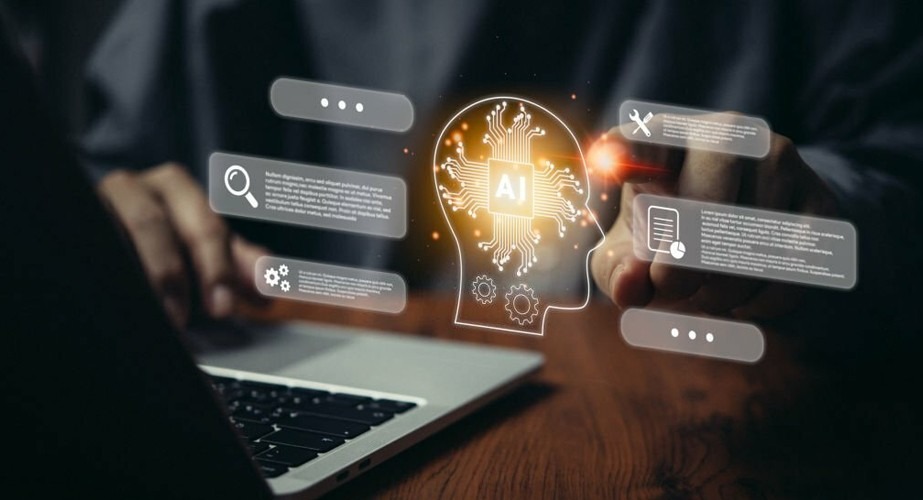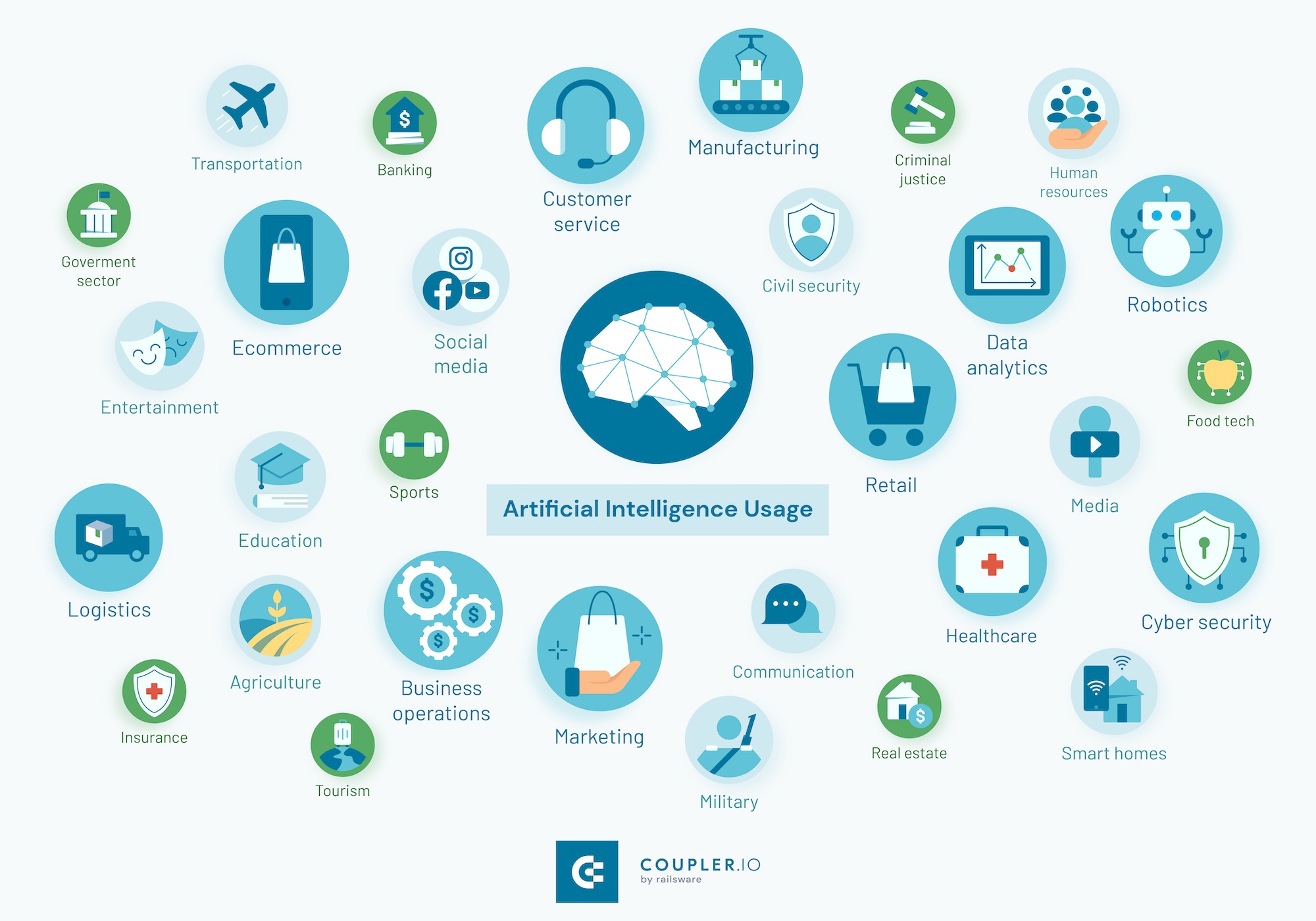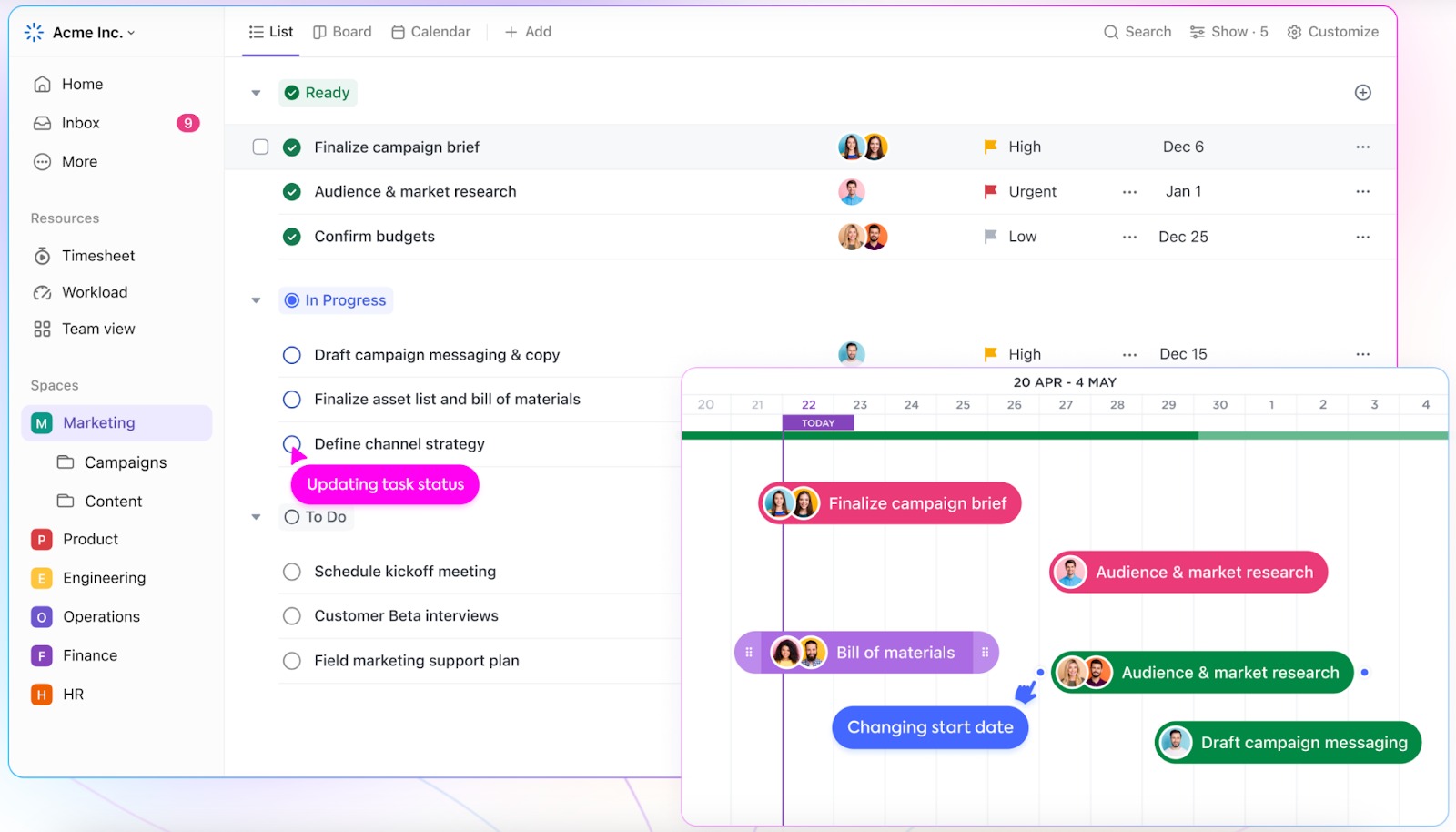Artificial intelligence (AI) is changing the rules of the game in digital agencies, offering incredible tools and information, as well as a completely new way of thinking about business. But as we ride this wave in 2024 and AI moves from a potentially scary and unknown new technology to everyone’s loyal office sidekick, it’s a good idea to watch out for potential pitfalls.
Let’s go through five potential areas where problems could arise.

1. privacy and security issues
This is an important area that agencies need to keep in mind. In the age of AI, the management of sensitive customer data has become more complex. Online AI tools and software are a major source of data theft and spyware aimed at busy employees who want to speed up tasks. The risks in this area require digital agencies to evaluate and, if necessary, improve their security measures and educate employees about the potential risks.
Strict access controls ensure that only authorized personnel have access to sensitive data, reducing the risk of internal breaches. Updating with the latest security technologies is another important step, as cyber threats are constantly evolving.
All AI tools used by agency staff must be carefully checked to minimize the risk of data leakage. Regular data protection training for employees, conducting data protection impact assessments and creating their own data protection officer can greatly contribute to compliance.
Finally, compliance with all relevant local data protection laws, such as the GDPR and the CCPA, is not only a legal obligation, but a cornerstone of customer trust. These laws impose strict data processing and confidentiality protocols. The authorities must be vigilant about these regulations in order to avoid possible large fines and legal complications.
2. over-reliance on automation
AI tools can be great for performing repetitive tasks. But here’s the catch – if you lean too much on it, you risk losing what makes your agency shine: the human touch. Think about it-it’s creativity, out-of-the-box thinking and those personal ideas that make your marketing campaigns stand out.
So the best step is to find the perfect balance. Let the AI do its job with the tasks of collecting numbers and sorting data. It gives your team the freedom to immerse themselves in the most exciting and creative things – the kind of work that really gets the brain juices flowing. While AI is great for sifting through heaps of customer data and identifying trends, it’s the human brains on your team that harness this information and turn it into marketing gold. They are the ones who create stories that resonate and make connections that only humans can make.
An over-reliance on generative AI can also lead to big problems, sometimes producing biased, offensive or inaccurate content that can seriously damage a brand’s reputation if not captured and corrected. For example, a poorly generated social media post or SEO-focused content could lead to a customer reaction. To mitigate these risks, agencies need to closely review and edit AI-generated content to ensure that it aligns with their brand values and meets high standards of quality and accuracy.
3. keeping up with rapid technological changes
Navigating the ever-changing landscape of AI technology is a major challenge for digital agencies. The pace at which AI is advancing means that what is at the forefront of technology today could become obsolete tomorrow.
To remain competitive and effective, agencies must create an environment in which continuous learning and adaptability are not only encouraged, but deeply rooted. It involves more than just occasional workouts. This means engaging in comprehensive and ongoing educational programs that thoroughly explore the nuances of new AI technologies.

Practical workshops and practical applications are essential to translate theoretical knowledge into real-world skills, and integrating the latest advances in AI into strategic planning is essential. This integration ensures that the team is not only aware of technological advances, but is also excellent at applying them to client projects. Thanks to this adaptive and proactive approach, agencies can use AI not as an intimidating force, but as a powerful ally for their growth and success.
4. Customer relationship management and expectations
Managing client expectations in terms of AI is a delicate but crucial aspect of the agency’s work. Misconceptions about AI capabilities are common and can lead to unrealistic expectations. Transparent and honest communication is essential here. Imagine a customer who thinks AI can take over their entire social media strategy. If the expectations are not met, the relationship could deteriorate due to disappointment.
The human element remains irreplaceable to ensure the quality of content, interpret complex public comments and interact with subscribers in a meaningful way. This level of open communication not only builds trust, but also educates customers about the real role and value of AI in their marketing strategies.
Ultimately, clients appreciate this clarity because it paves the way for a collaborative and successful partnership, with a clear understanding of how AI enhances the human-centered aspects of their projects rather than overshadowing them.
5. Changing Customer Behavior
As AI becomes more and more important in digital agencies, it is important to evaluate how it manages the rapid evolution of customer behavior. Although AI excels at analyzing established patterns, it can cope with sudden changes in consumer trends, especially those triggered by unforeseen events. During the COVID-19 pandemic, consumer preferences for products and services have changed rapidly. An obvious example would be the increase in online grocery purchases. The agencies quickly adjusted their strategies, focused on promoting online shopping solutions and ensured that their marketing remained relevant and responded to changing consumer behavior.
Although the pandemic is an extreme example, it should be mentioned as a type of event that AI models have difficulty adapting to because no previous training data is applicable to the new Situation. With this in mind, it’s easy to see that a combination of AI and human insight is invaluable for agencies that want to remain competitive and adaptable.
AI can provide information based on historical data, but your team’s ability to interpret current market dynamics and integrate it into your strategies is the secret sauce for agency success. This synergy ensures that your marketing approaches remain relevant and adaptable to meet the ever-changing consumer landscape. In a world where customer behavior can change quickly, the fusion of information based on AI data and human insight becomes the winning formula not only to stay in the game, but to stay one step ahead of it.

Final result
AI offers digital agencies a lot, but it’s not without its challenges. When agencies understand these issues and proactively address them, they can take full advantage of AI while maintaining high ethical standards, keeping clients satisfied and the workplace alive.



